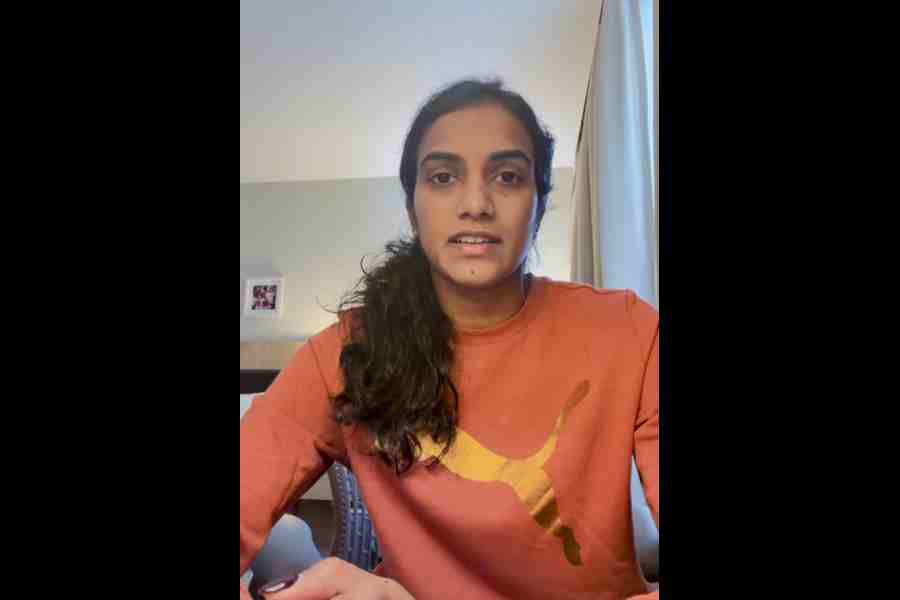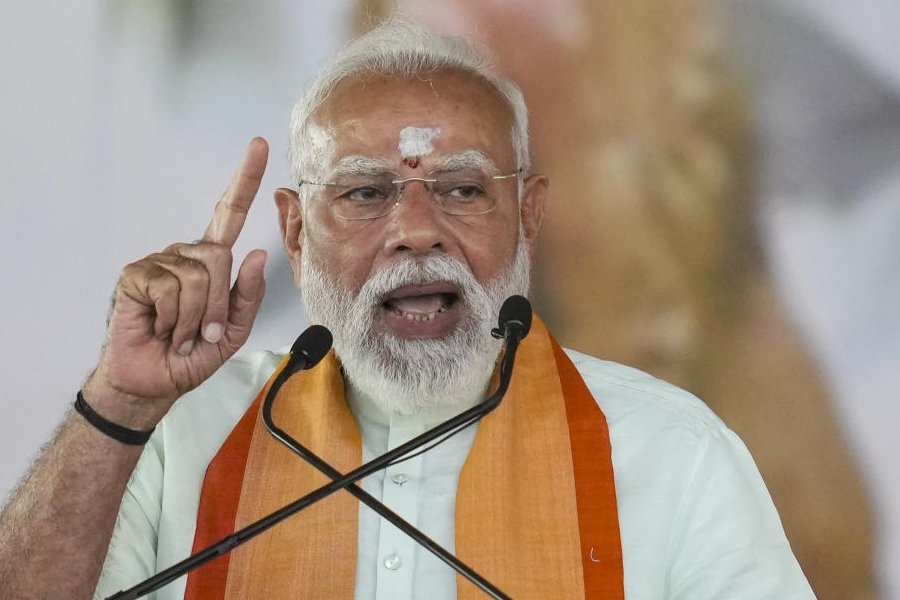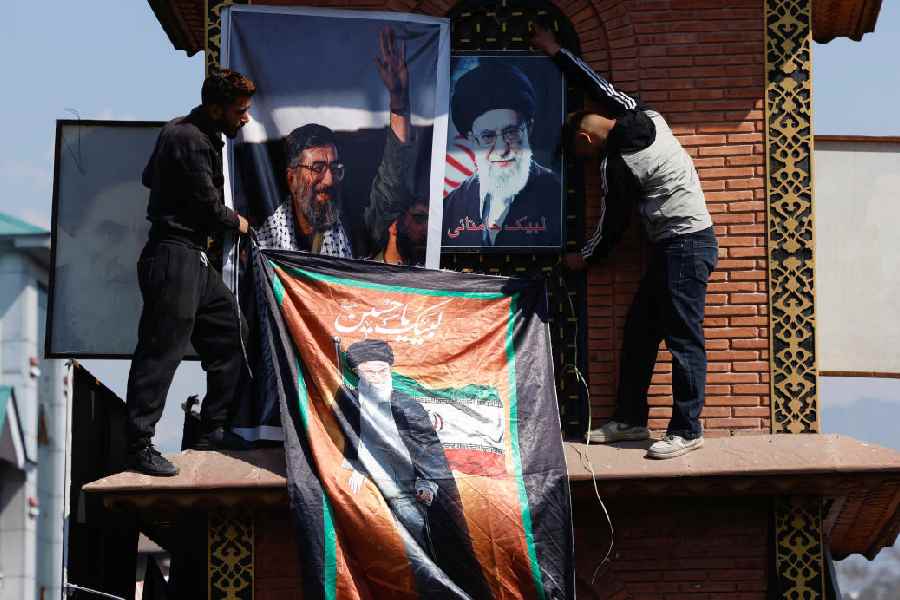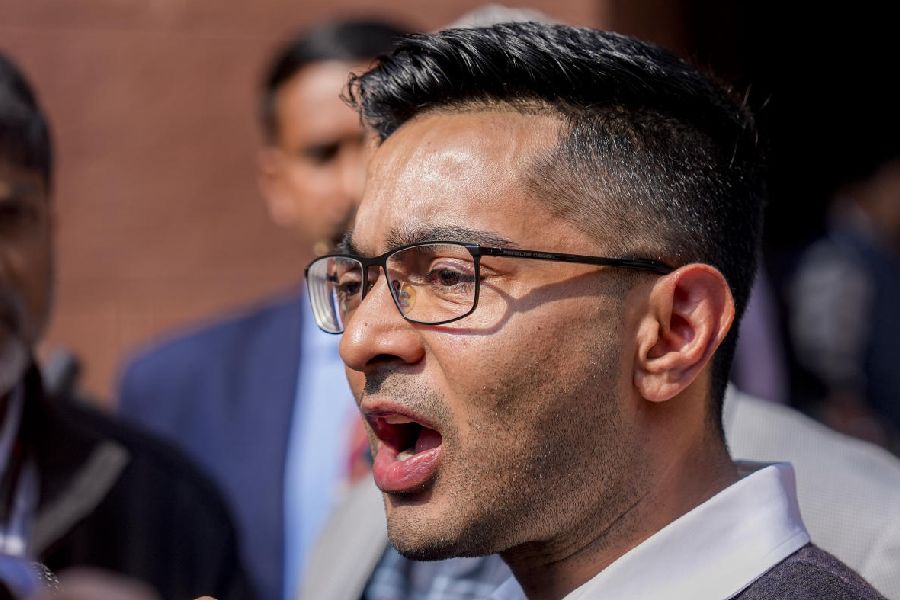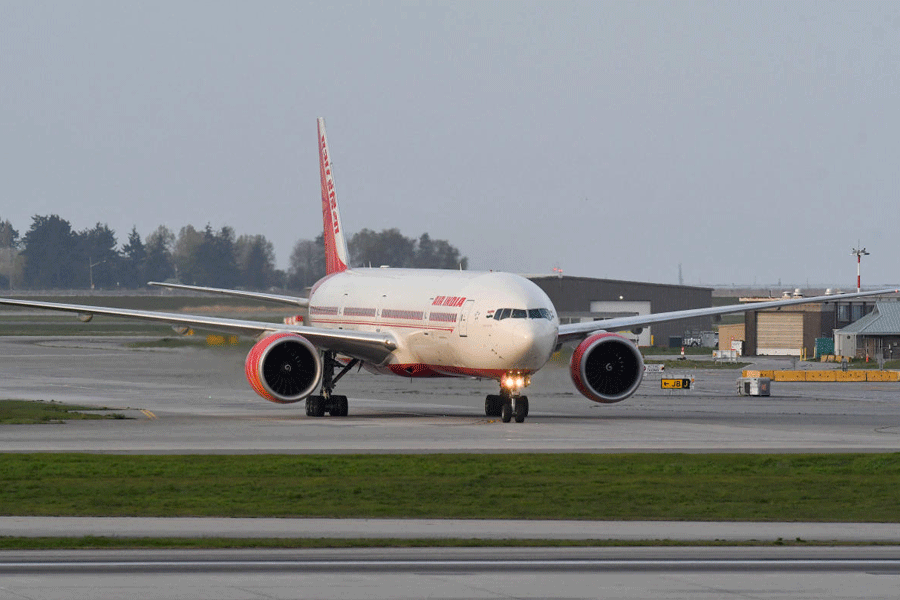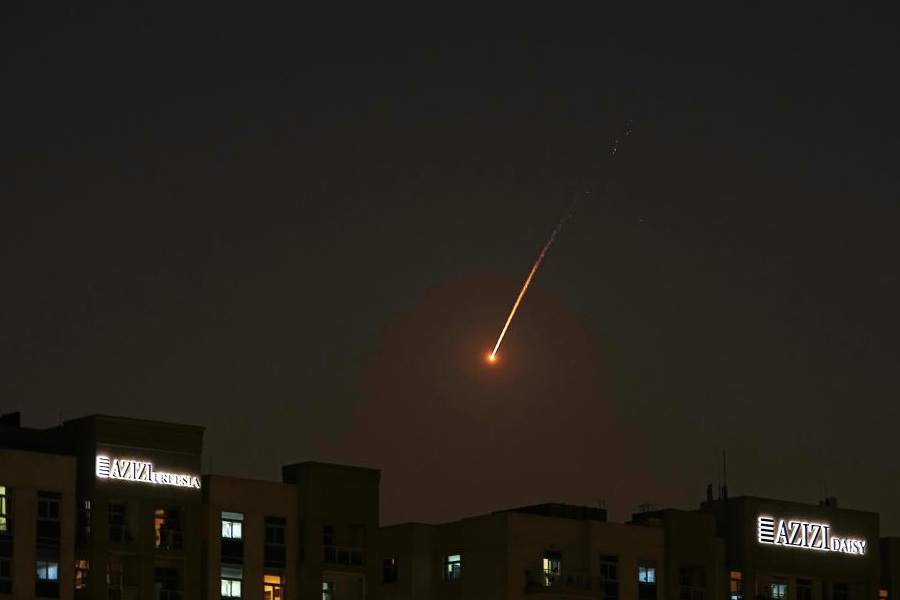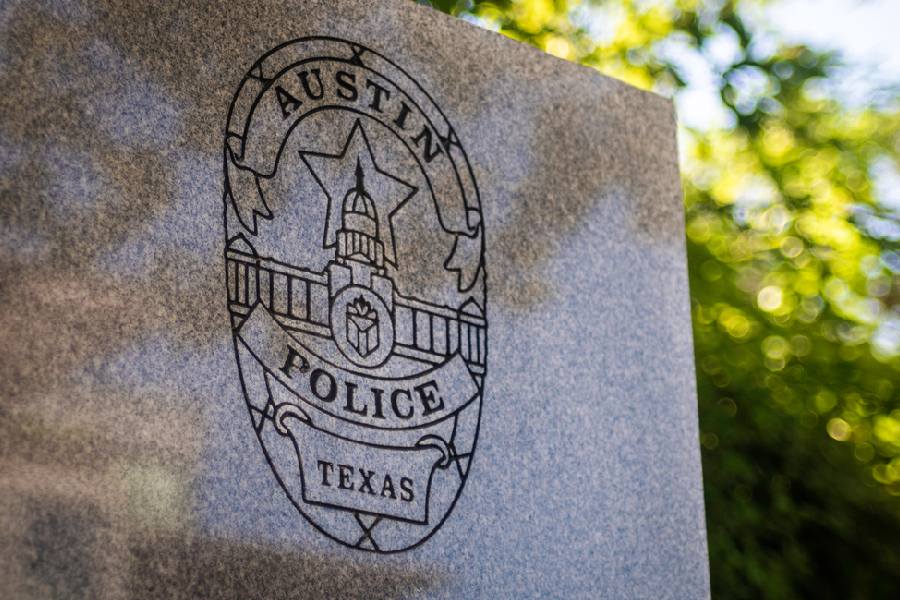 |
The year was 1967. The Beatles were following the Maharishi to India, and a young man in Bombay dreamt of going West. He stepped on board a Haj ship heading for Mecca. Among the 600 pilgrims with shaven heads draped in white robes, he stuck out like a sore thumb. For the youth had long hair, wore jeans and cowboy boots and carried a rucksack and a guitar.
The young boy was the song writer and music producer Biddu and the Haj boat was his unlikely passage to England. “I looked at the sea of pilgrims and thought I was going crazy. They thought I was the devil,” laughs the pop icon. “That’s how I left India.”
Biddu always dreamt of going to London, the home of rock and roll, the Beatles and The Rolling Stones. He wanted to walk the hallowed cobbled paths of Carnaby Street and Abbey Road.
Travelling to England wasn’t easy those days. Getting a passport was like striking oil. And the government only allowed Indians going abroad to carry a princely amount of £3.
After being cheated by one travel agent, who left for Canada with his money, Biddu took a chance with a second one who told him the only way he could get him a passport was via the Haj route. “I told him I was not a Muslim, I was not even circumcised!” says Biddu. “But this was it. The passport arrived with my name written as ‘XXX Biddu’ and I was off. I made it to Basra and then hitch hiked all the way to London.”
Somewhere in Damascus he was told by a mendicant that he was “the boy with gold in his hair,” that he would be famous one day.
He was. Biddu’s name will forever be linked to Kung Fu Fighting — an international hit that he produced in the mid-Seventies.
At 64, the man who got all of India dancing to his compositions Aap Jaisa Koi and Disco Deewane in the eighties still looks like a youthful pop star as he sits in his hotel room in Jaipur. Lying on his bed is the guitar that he has been strumming on, practising for the evening’s performance where he is to sing a few old favourites at the Jaipur Literature Festival.
But these days it isn’t just the guitar for Biddu, the first Indian musician to do Hindi pop. He has turned writer as well and penned his memoirs recollecting his journey from Bangalore to Blighty. Biddu is at the festival to launch his autobiography Made in India, the title drawn from his iconic album featuring Alisha Chinai that sold over three million copies.
Born in Bangalore, to a mother who thought he had brought good luck to the world, and a doctor father, who treated patients for free, Biddu Appaiah was brought up in a westernised environment. He sleepwalked through Bishop Cottons Boys School, grew his hair like Elvis Presley, sported the same side burns, imitated the swagger and pelvic thrusts of his icon and wanted to be a singer. His uncle gave him his first guitar at the age of 13 and the teenager soon planned his future: Step One, form a band, Step Two, get out of Bangalore, Step Three: world domination.
By the Sixties, the Beatles had replaced Elvis Presley in Biddu’s imagination. His band, called the Trojans, reached Calcutta, played at Trincas and Blue Fox and eventually moved west to Bombay where they belted out Beatles numbers and had a huge teen following. Then came the Haj boat and the turbulent passage to London.
“I thought in two weeks I’m going to crack this city,” says Biddu enthusiastically. “I thought I was going to be at the top of the cherry tree! Then I realised that there were thousands of musicians in London, all trying to make it, and all pretty good.”
It wasn’t easy for the young immigrant. With barely a few pounds in his pocket, Biddu shared a flat with five others (one of them was the son of Bombay comedian I.S. Johar and another a nephew of Pakistani leader Zulfikar Ali Bhutto).
“We ate onion curry and rice every day. When we had some money we would buy potatoes and tomatoes and put them in the pot. That was our treat. But it didn’t matter. We were young and we were in London, and everything was cool,” he says. “We had all the girls flocking to go out with us. We’d wonder how they could go out with five guys who smelt so much of onions! Now I think they must have been even more desperate than us!”
But Biddu soon produced a hit — Kung Fu Fighting with Carl Douglas and I Love to Love with Tina Charles — and the Biddu Orchestra was on the road. The interaction with Bollywood, however, was soon to launch Biddu into another planet.
“I was not really interested in Bollywood. Growing up in Bangalore, we spoke hardly any Hindi, and I was hesitant when Feroz Khan approached me to do a song for him. He played the ‘you’re from Bangalore, I’m from Bangalore card’ and I finally went along. He said he had found a young singer called Nazia Hassan and her brother Zoheb for me in London and they would sing for me. I tested her voice and said it was ok. We recorded a song and I sent it back.”
Nazia Hassan was 16 at the time. Neither she nor Biddu dreamt that the song Aap Jaisa Koi would become a sensation. “Feroz called me saying, ‘The song is making waves.’ I flew down to Bangalore for the premier for one night and it was amazing.”
Two years later, Biddu got a call from the HMV office in Calcutta. They wanted an Indian pop album with Biddu and the Hassans. They told him they were confident they could sell 25,000 albums.
“I did some songs and sent them back. Then they said they thought it could sell 50,000 albums, but they wanted a title for the album. We toyed with words and phrases and when they suggested the word deewana I asked what it meant. They said ‘madness’ — and I liked that. Then I named it Disco Deewane.”
Biddu had to then do the title track for the album. “In three days, I was up early, walking the dog and humming the tune. I called Nazia in and we recorded. The album sold three million copies!”
Nazia and Zoheb, Biddu exults, were like a breath of fresh air. “They were young, looked good, and everything worked. Then she died of cancer. It was such a tragedy.”
Biddu went for the funeral in Golders Green and spoke emotionally about the young girl whose career he had nurtured in London. He also played at a memorial concert for her in Pakistan.
With wife Sue, his partner for 40 years, son Zac and daughter Zaza, Biddu is every bit the family man. “I wake up early, do my yoga, and nowadays I write rather than play music,” he says. Every winter he spends three months in India, and divides the rest of his time between homes in London and Spain.
Apart from his biography, he has also penned two novels. The first is a thriller set in Darjeeling, which will be released by next year, and he is still working on the second one.
“The words and thoughts are flowing,” says Biddu with a smile. The boy with gold in his hair has matured into the man with the golden pen.


